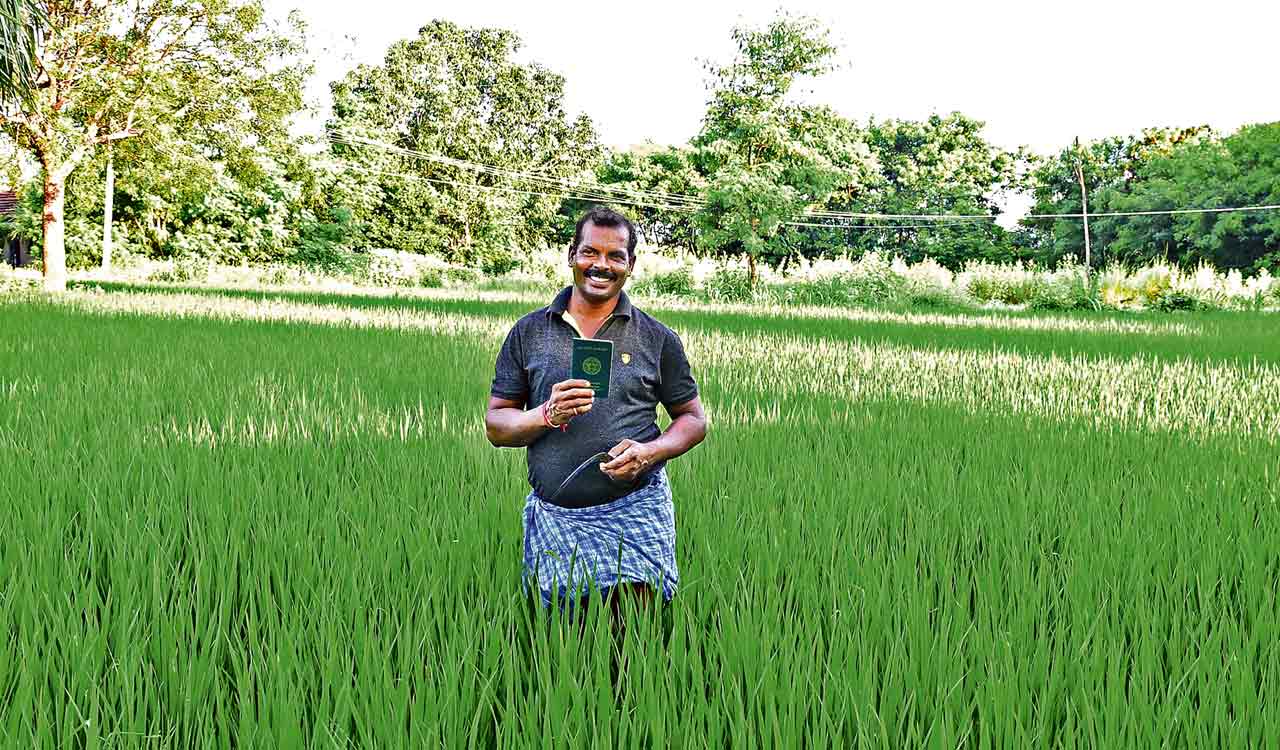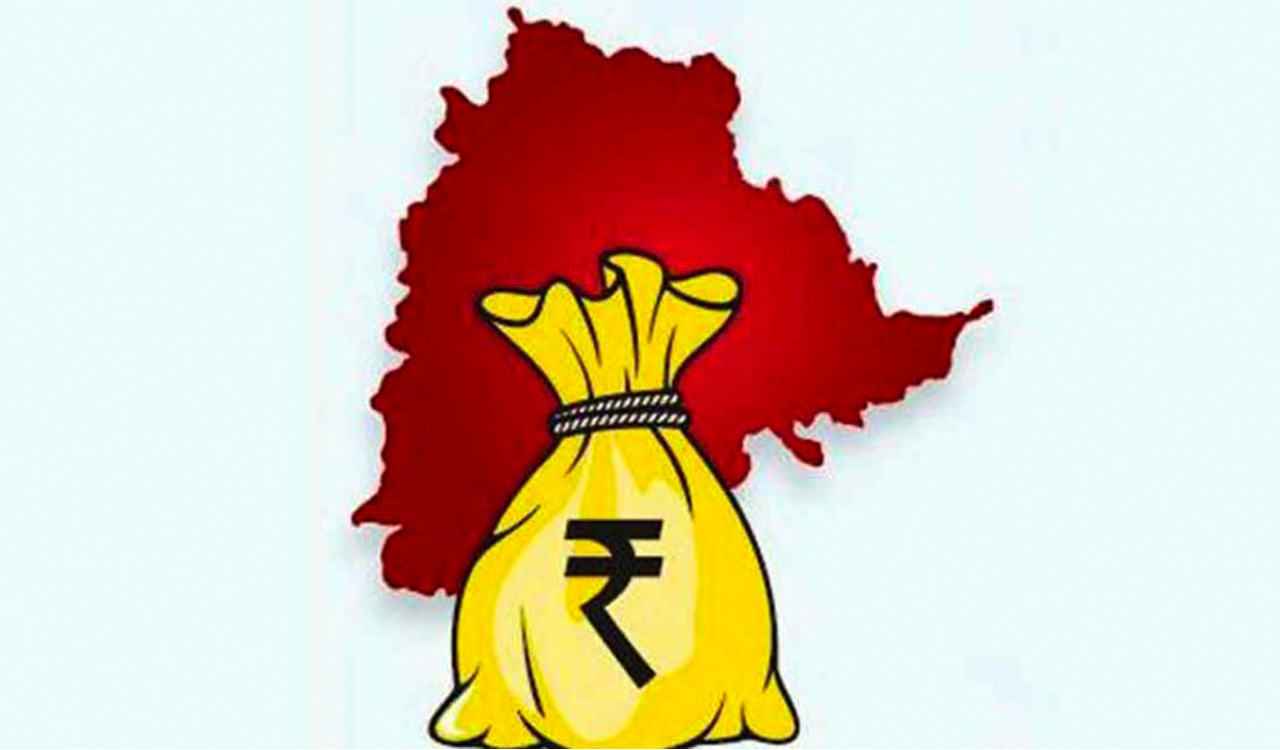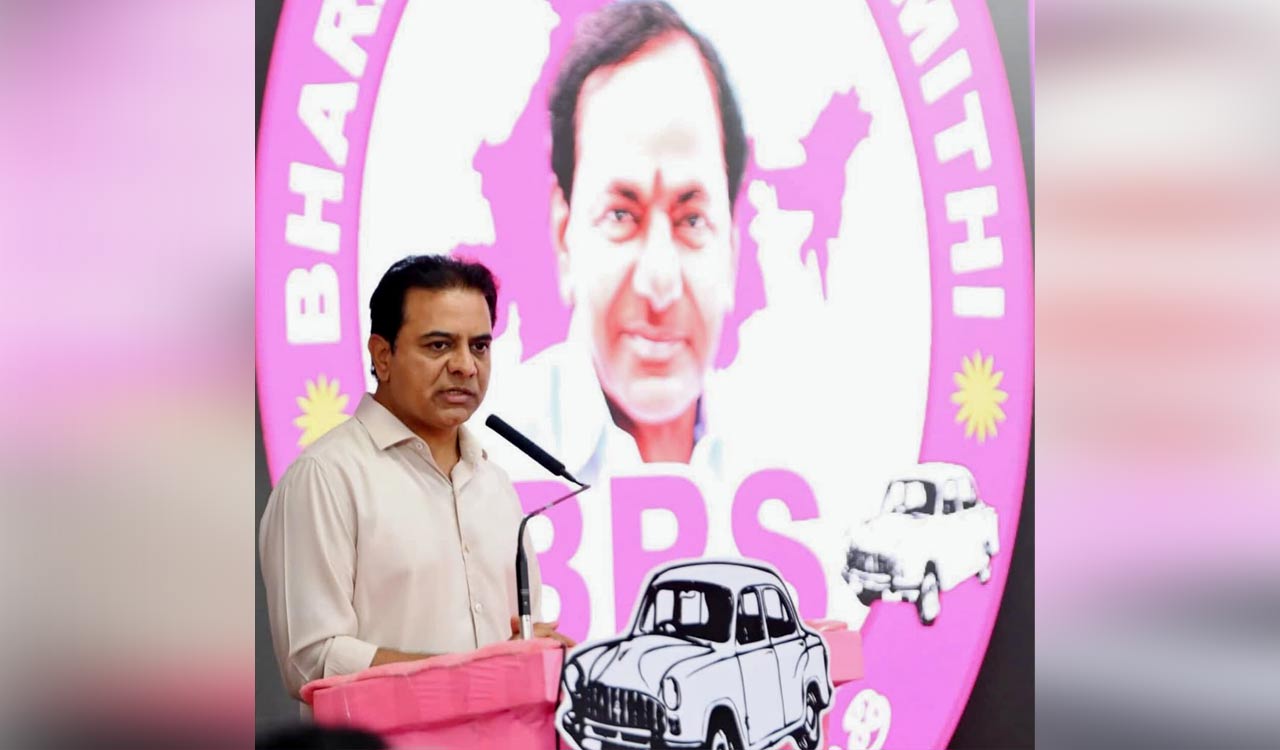Opinion: Transforming India from Telangana
Telangana’s policy innovations are becoming policy learnings for other States and the central govt, enabling cooperative federalism

By Gowd Kiran Kumar
In an ever-changing world, policy innovation is vital for the progress and well-being of societies. It encompasses the creative and forward-thinking strategies that governments employ to address societal challenges and meet the evolving needs of their citizens.
Also Read
One such example of policy innovation can be found in the social policies implemented by K Chandrashekhar Rao, the Chief Minister of Telangana. Rao’s visionary approach towards social welfare has not only transformed the lives of the people in his State but also set an inspiring precedent for effective governance and inclusive development for the nation. Let us look at how his policy innovations are transforming lives and shaping national-level policies.
Telangana, the youngest State in India, faced numerous socio-economic challenges when it was formed. Rao assumed office as the Chief Minister in 2014 and embarked on a transformative journey to address these challenges head-on. His administration recognised the importance of policy innovation to foster inclusive growth, reduce inequality and uplift marginalised communities.
Rythu Bandhu, PM Kisan Saman Nidhi
Rythu Bandhu is the brainchild of Chandrashekhar Rao. The scheme revolves around the provision of direct investment support to farmers in the form of financial assistance. Under this innovative policy, eligible farmers receive financial aid of a fixed amount per acre of cultivated land. The scheme covers both small and large-scale farmers, ensuring that the benefits reach all segments of the farming community. The funds are directly transferred to the bank accounts of farmers, enabling them to make independent decisions regarding agricultural practices, purchase of inputs and timely repayment of loans.
The Rythu Bandhu scheme in Telangana is a testament to the power of policy innovation in revolutionising the agricultural sector and empowering farmers. By providing direct financial support to farmers, the policy has not only helped them overcome their financial burden but also stimulated agricultural growth, encouraged crop diversification, and improved overall rural prosperity. This innovative approach has garnered significant attention and appreciation, setting a precedent for other States and the union government to replicate the scheme.
Beyond its agricultural implications, Rythu Bandhu has had far-reaching socio-economic consequences. By empowering farmers and enhancing their economic well-being, the scheme has improved the standard of living in rural communities. It has stimulated local economies by increasing purchasing power and creating demand for goods and services. Additionally, it has played a pivotal role in poverty reduction, addressing socioeconomic disparities prevalent in rural areas and ensuring a more equitable distribution of resources.
The Rythu Bandhu scheme stands as a shining example of policy innovation in the agricultural sector. By directly providing financial aid to farmers, the Telangana government has transformed the traditional approach to agricultural support programmes. The Modi government has implemented the PM Kisan Saman Nidhi scheme on similar lines.
Dalit Bandhu, BC Bandhu
The Dalit Bandhu scheme in Telangana is a commendable policy innovation that strives to address historical injustices and uplift marginalised Dalit communities. Reservations alone cannot transform the lives of marginalised sections. By providing direct financial assistance and empowering Dalit households, the scheme creates opportunities for socioeconomic growth and breaks the cycle of poverty and social exclusion. Telangana’s commitment to equality and social justice is exemplified through this groundbreaking initiative.
The scheme revolves around providing direct financial assistance to eligible Dalit households. Each household receives a fixed monetary grant to support various socioeconomic needs. The funds can be utilised for a wide range of purposes, including education, healthcare, housing, entrepreneurship and income-generating activities. The Telangana government led by Chandrashekhar Rao has announced a similar scheme for Backward Classes, especially for the Most Backward Classes of the State. The State government offers monetary support to enhance their skills and occupations.
Both schemes are prime examples of policy innovation, addressing the specific needs of the Dalit and BC communities, and creating a pathway towards their socioeconomic empowerment. Its success in Telangana has garnered attention from policymakers across the country, inspiring other States to consider implementing similar initiatives. The scheme’s innovative approach, coupled with its impact on Dalit empowerment, makes it a model worthy of replication and adoption in different contexts. The economic development of Dalits and BCs is crucial for bringing qualitative changes in society. There are reports that the union government is planning to introduce such schemes for Dalits and BCs in the country.
Mission Bhagiratha
Mission Bhagiratha, which aims at providing safe drinking water to all houses in Telangana, is taken as the inspiration for formulating ‘Har Ghar Jal’. Policy innovation is the catalyst that drives societal transformation. Rao’s social policies in Telangana exemplify the power of visionary leadership and creative governance in addressing socioeconomic challenges.
By focusing on education, healthcare, welfare, employment and technology-driven governance, the Chief Minister has brought about a positive change and improved the lives of countless individuals in his State. His innovative approach highlights the importance of adopting forward-thinking strategies to create inclusive and prosperous societies. Policy innovations of Telangana are becoming policy learning for other States and for the union government, which is the need of the hour for cooperative federalism.

Related News
-
Two Belgian Malinois sniffer dogs inducted into Kothagudem district police force
14 mins ago -
Casagrand Introduces Hyderabad’s First UPARTMENT with the launch of Casagrand Mandarin in Miyapur
18 mins ago -
Cheques distributed to women at Nava Women Empowerment Centre
28 mins ago -
Jagan alleges irregularities in Tirupati laddu ghee supply during Chandrababu Naidu’s tenure
31 mins ago -
15-month-old boy etches his name on international record book in Nirmal
40 mins ago -
Gold ornaments stolen from woman at Jogipet bus station
45 mins ago -
Disqualification of BRS turncoat MLAs inevitable, elections soon, says KP Vivekanand
48 mins ago -
KTR writes open letter to CM, demands budget allocations for six guarantees
50 mins ago




